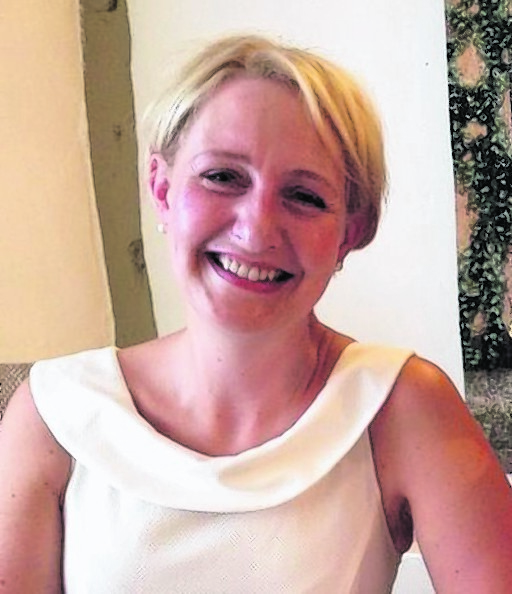Lisajane Gooden was 37 and in the prime of her life when she was diagnosed with breast cancer.
The lively mum-of-three had been living life to the full and having great fun with her three daughters, the youngest of whom was just seven years old.
“People always think it’s older people who get cancer, but that’s not always the case, “ said Lisajane who is known as, LJ.
“I had a young family and the first thing that goes through your mind when you hear the news is, what would happen to my family if I weren’t here?
“I’d found lumps previously which had been benign, so when I found another lump in the same place I very nearly didn’t go to the doctor.
Thankfully LJ did visit her GP, but this time the news wasn’t good – the lump was malignant.
“I had surgery, chemotherapy treatment, and radiotherapy.
“At that time, 11 years ago, drug therapies were quite harsh and it was fairly standard that you’d lose your hair and make you very ill – it’s different now.
“I’ve always been a positive person so when I knew I’d be losing my hair I turned the experience into something positive.
“The day before my first chemotherapy I had my hair shaved to around two centimetres and dyed fushcia pink and through sponsorship raised several thousand pounds for the charity.
“I ended up in hospital a lot, but made it through,” said LJ who now works for Cancer Research UK.
A year later, just as she expected to get the all clear, she found a lump on her other breast. It was malignant and resulted in her having a double mastectomy.
“Research revealed I’d inherited the BRCA1 gene, which is an inherited form of cancer,” said LJ.
“If you inherit it from your parents you have a much higher risk of getting breast cancer and possibly ovarian cancer so I consequently had my ovaries removed when I was 40.
“I was self-employed at the time, with three young children, so it was a lot to go through, but the whole experience changed my focus on what I was doing.”
LJ now, 49, works full time as a regional legacy manager for the charity because she wants to be part of the solution.
“I talk to our supporters about the impact of Legacies, share my story and tell them that it’s because of research carried out by Cancer Research UK that I’ve been given the opportunity to be a mum to my three daughters.
“Legacy gifts are vital to the work at Cancer Research UK. They will help write an end to cancer.”
“I believe I am here today largely because of legacy gifts which fund a third of Cancer Research UK’s life-saving research, research which means more and more people are living through a cancer diagnosis like me.
“Legacies come in all shapes and sizes but it could be the gift that pays for a box of glass slides, a lab coat for a scientist or a piece of very expensive equipment that may make all the difference to families such as mine.
“What a legacy that would be!
“Unlike previous generations of my family who have lost their lives to cancer, I am still here to tell the tale thanks to research.”
To find more, visit cruk.org/WriteAnEnd or call 0800 707 6006
